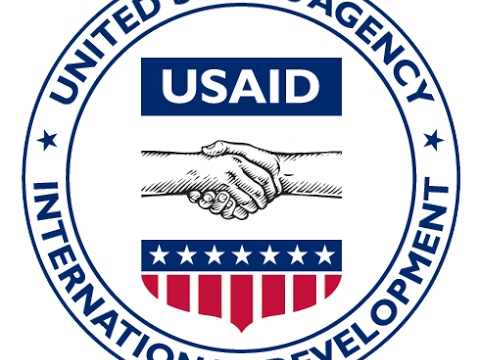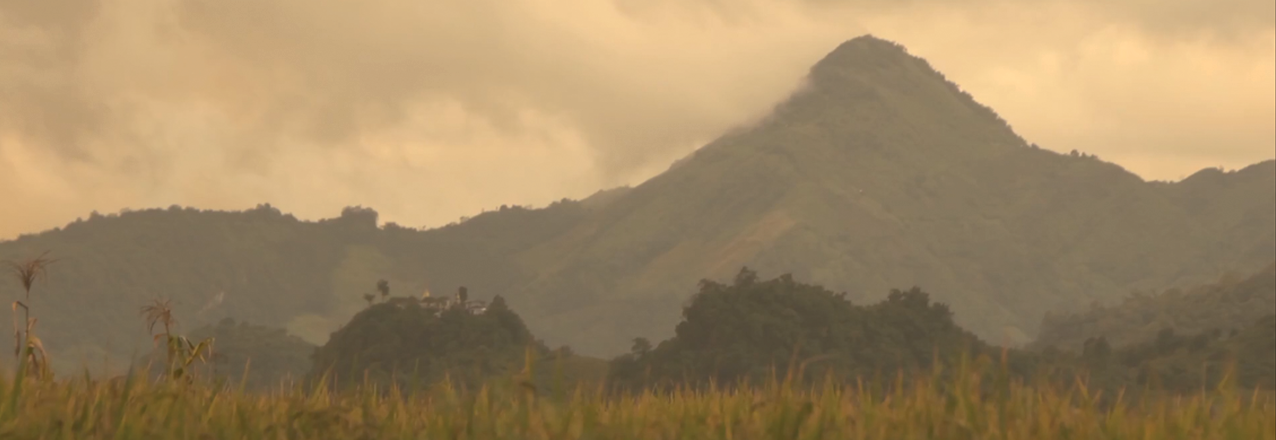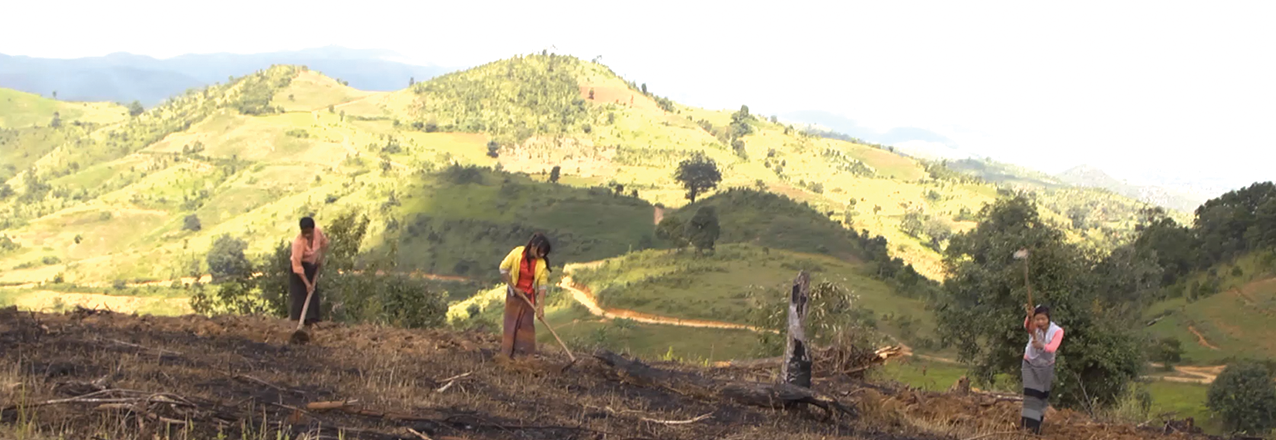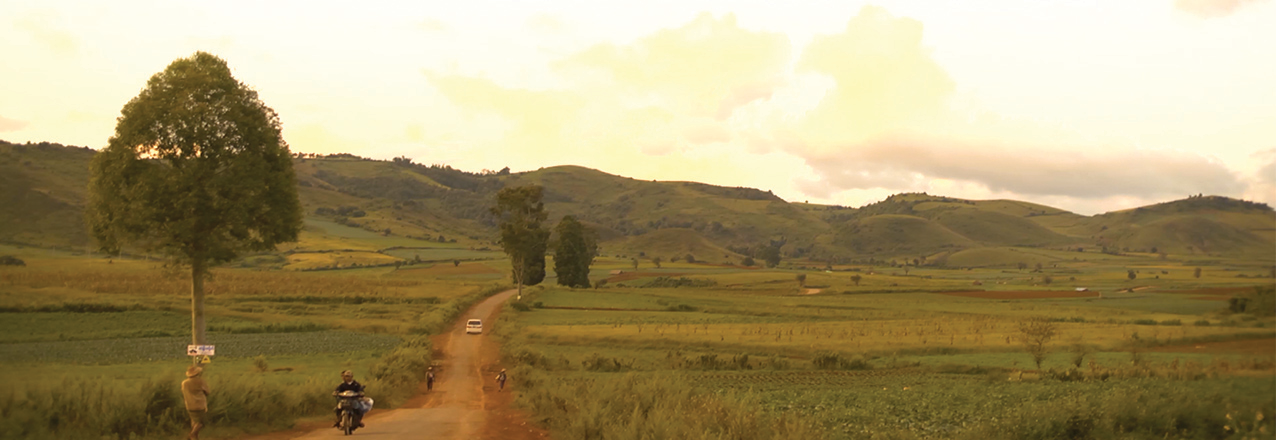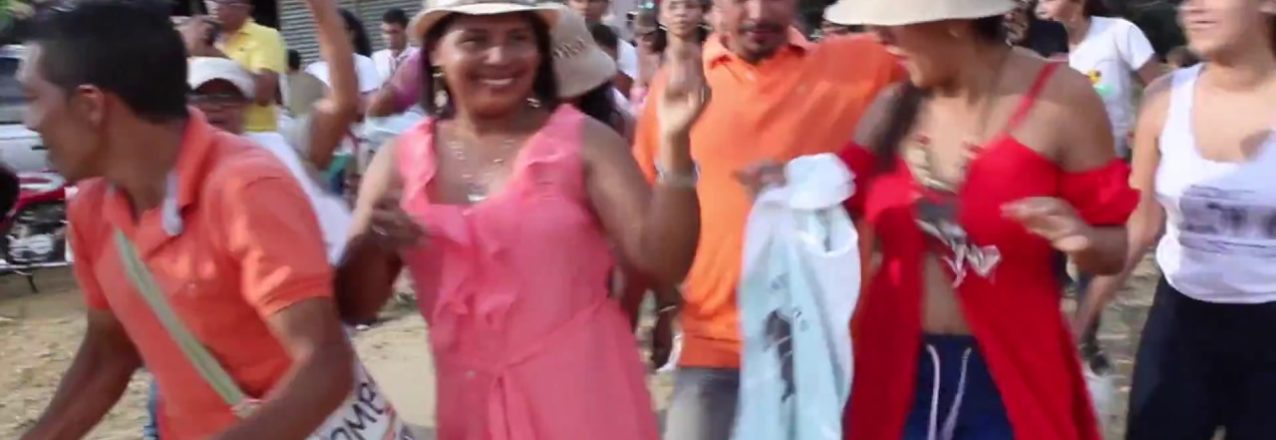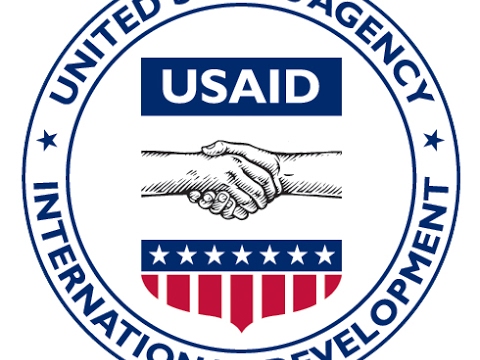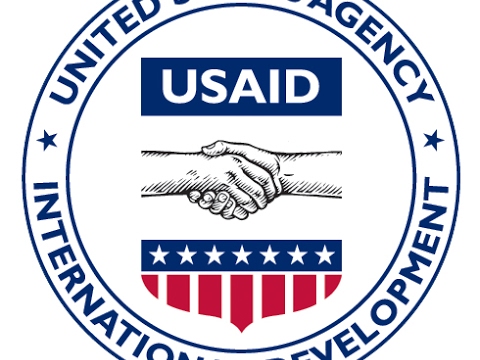The Agriculture and Rural Development Support (ARDS) project supports broad-based, resilient economic growth through a more inclusive, competitive and better governed agriculture sector that provides attractive livelihoods to rural Ukrainians. The project consists of three components:
- Improve enabling environment and governance of the agricultural sector;
- Increase investment, productivity, employment, and incomes in the agricultural sector; and
- Improve welfare of rural communities and marginalized producers.
A result of the Ukrainian Government decentralization program is the establishment of 665 Consolidated Territorial Communities (CTCs), new rural units comprised of small communities, with decision-making powers and budgets transferred from central state authorities.
Land resources are the main source for rural economic development and CTC budget revenues, but 95 percent of CTCs described limited abilities to manage land.
Understanding that effectively managing land is both a challenge and growth opportunity for CTCs nationwide, ARDS designed and supported a pilot project to establish a CTC-level electronic land management system combined with the creation of local economic development strategies. The pilot in the Kipti CTC, a typically-sized CTC comprised of 12 villages, 5,500 people, and 29,5000 hectares, had three goals: obtaining and archiving data on quality and quantity of land resources; creating a plan for efficient land use that addresses CTC needs and is compliant with environmental legislation; and increasing land use efficiency, enabling CTCs to manage community-owned land.
Learn more about USAID’s Agriculture and Rural Development Support project in the Ukraine.



